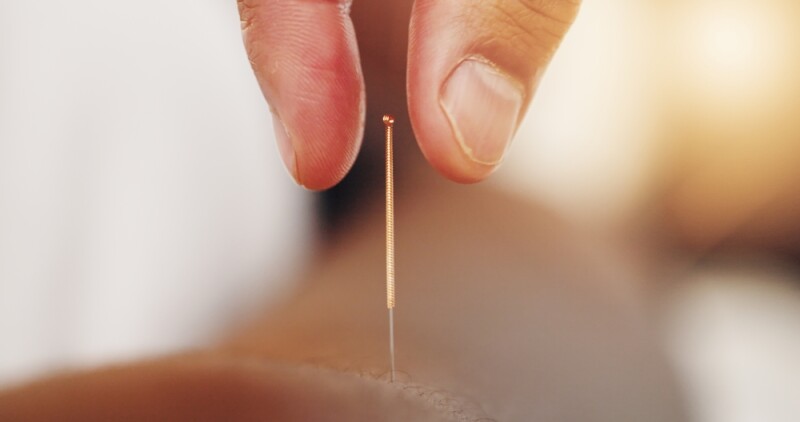Report examines implications of false-negative COVID-19 tests
More emphasis should be placed on addressing the inaccuracy of diagnostic tests, which play a key role in containing the novel coronavirus (COVID-19) pandemic, according to a new report led by the Geisel School of Medicine at Dartmouth and published in the New England Journal of Medicine.
In the paper, researchers discuss factors contributing to the current limitations of diagnostic tests, including variability in test sensitivity and the lack of a standard process for validating test accuracy, and also cite several large studies whose frequent false-negative results are cause for concern.
“,” said lead author Steven Woloshin, MD, MS, a professor of medicine and community and family medicine at Dartmouth's Geisel School of Medicine, in a statement.
Diagnostic tests, typically involving a nasopharyngeal swab, can be inaccurate in two ways, the researchers said. A false-positive result mistakenly labels a person infected, with consequences including unnecessary quarantine and contact tracing. False-negative results are far more consequential because infected persons who might be asymptomatic may not be isolated and can infect others.
The researchers draw several conclusions from their work, including stating diagnostic testing will help to safely open the country, but only if the tests are highly sensitive and validated against a clinically meaningful reference standard, otherwise we cannot confidently declare people uninfected.
The U.S. Food and Drug Administration (FDA) should also ensure that test manufacturers provide details of their tests' clinical sensitivity and specificity at the time of market authorization, the authors said. Tests without such information will have less relevance to patient care.
“Measuring the sensitivity of tests in asymptomatic people is an urgent priority,” said lead author Steven Woloshin, MD, MS, a professor of medicine and community and family medicine at Dartmouth's Geisel School of Medicine, in a statement “A negative result on even a highly sensitive test cannot rule out infection if the pretest probability, an estimate before testing of a person's chance of being infected, is high, so clinicians shouldn't trust unexpected negative results.”
Editor’s note: Click here for more information and ongoing COVID-19 updates for integrative healthcare professionals.




















SHARE